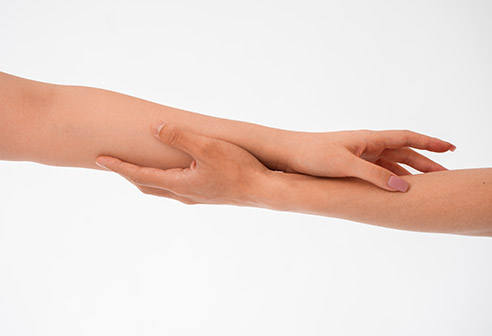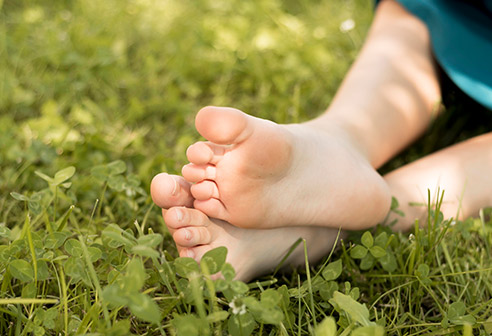
Acne, a common skin problem that usually starts in adolescence and can persist into old age, arises when the sebaceous glands beneath the skin and hair follicles become clogged. Many factors can contribute to the formation of acne. Dietary habits, genetics, environmental factors, and hormonal reasons are particularly influential in acne formation. Acne is generally seen on the face, forehead, chest, and back, and it is possible to say that it is more common in men than in women.
Is It Possible to Cope with Acne?
Acne, which individuals can experience at any age, can be prevented by changing certain routine habits. To prevent the formation of acne, which negatively impacts quality of life, it is essential to first implement a good skincare routine.
What Should Be Done Against Acne?
To achieve clear, smooth skin free from acne, the following steps can be followed:
Cleanse Your Skin Regularly
For healthy skin, regular cleansing, morning and evening, is important. A gentle cleanser should be chosen according to your skin type for this application. With twice-daily cleansing using the right products, skin pores remain open. The skin is cleansed of oil, dirt, and makeup residue.
Avoid Touching Your Face
When hands constantly touch various surfaces, bacteria can remain on them. When the face is touched, these bacteria or other contaminants can be transferred to the skin. Contacting the skin with dirty hands can increase bacteria and oil on the skin, creating a breeding ground for acne. For this reason, it will be beneficial to avoid touching your face throughout the day unless absolutely necessary.
Use Non-Comedogenic Products
Some skin types may be prone to acne formation. To solve such a problem, non-comedogenic products (those that do not clog pores) will be a good choice.
Moisturize Your Skin Regularly
To have radiant skin, regular moisturizing is necessary. Even with oily skin, moisturizer should not be neglected. This is essential for a healthy skin barrier. By using moisturizing products, moisture and nutrients can be infused into the skin. When applying this, care should be taken to choose light, oil-free, and water-based moisturizers that do not clog pores.
Renew Your Skin with Peeling
Peeling contributes to skin renewal by removing dead skin cells and accumulated dirt. Moderate peeling opens pores in the skin. It provides a smooth skin appearance. With peeling products suitable for your skin type, oil, dirt, and makeup residues on the face are eliminated. Peeling products can be gently applied to the skin once or twice a week.
Avoid Squeezing Pimples
Popping pimples damages the skin. This causes bacteria to spread further. Squeezing pimples can lead to inflammation and wound formation, leaving permanent scars on the skin. Safer methods should be preferred to get rid of pimples instead of popping them. Dermo-cosmetic products can be tried with the support of a specialist.
Keep Your Oily Hair Clean
Oily hair can cause some problems when it comes into contact with the skin. Oily hair makes the skin oilier more frequently. Therefore, hair should be washed regularly. Attention should be paid to cleanliness. It is beneficial to keep oily hair away from the skin as much as possible.
Avoid Excessive Sun Exposure
Sunlight can be beneficial to a certain extent for acne-prone skin. However, excessive sun exposure should be avoided. Sun rays can increase the oil content in the skin and clog pores. This can lead to acne formation. Sunscreen should be used in all seasons to protect the skin from the sun. Also, wide-brimmed hats and sunglasses should be worn. Avoid going outdoors during the hours when the sun is most intense.
Stress Must Be Managed
Stress, by causing hormonal changes in the body, can also trigger acne formation. Stress increases the secretion of the hormone cortisol. This, in turn, increases oil production in the skin. Excessive oiliness clogs pores and leads to acne. Therefore, methods for coping with stress should be employed.
Eat a Balanced Diet
A balanced diet in every season strengthens the skin, just like overall health. For this, fruits, vegetables, whole grains, and lean proteins should be consumed more. Highly fatty and sugary foods should be avoided. Adequate water consumption will also regulate the skin's moisture balance.



